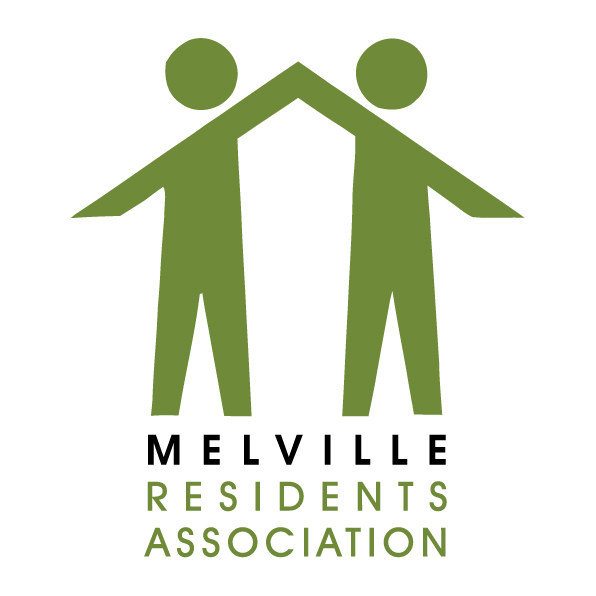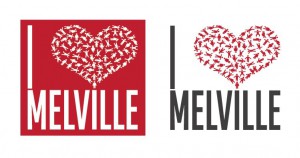Communication Objectives
The objectives of the communications portfolio encompass facilitating better and relevant communication to the Melville Community, through a combination of email, websites and social media:
- To develop and maintain efficient communication channels between the Melville Community and the MRA Committee in order to keep all informed, also allowing for relevant engagement;
- Build the appropriate image for Melville through developing a common image for all brand contact points including but not limited to the Melville Residents’ Association, Melville Security Initiative & Melville Sector Crime Forum.
Melville Residents’ Association
South African Law: ECT Act 2002
Regulation of spam in South Africa was introduced by the Electronic Communications and Transactions Act, 2002 (ECTA) and bolstered by the Consumer Protection Act, 2008 (CPA) and the recently promulgated Protection of Personal Information Act, 2013 (POPIA).
Widely considered to be of limited practical use, section 45 of the ECTA provides that recipients of unsolicited communications are able to opt-out of future communications and may request information on where their contact details were obtained.
Whilst section 45 of the ECTA represents the point of departure in any matter regarding the receipt of unsolicited communications, it will be repealed and replaced by section 69 of the POPIA once a commencement date for the latter has been proclaimed by the Presidency.
Communications Policy
- The Communications Policy will be managed and implemented by the member of the Committee in charge of the Communications Portfolio, but subject always to the approval of the Committee;
- The MRA will ensure compliance with South African Law with regards to the ECT Act (2002), CPA (2008) & POPIA (2013);
- Primarily, emails will be sent to members only;
- Occasional emails will be sent to non-members as well, depending on the subject; these can be used as an opportunity to encourage non-members to join;
- The MRA has over the years compiled a list of email addresses belonging to residents (both members and non-members). This list is considered confidential, in that the MRA will not provide any 3rd party with this list which is only to be used in relation to the main purposes of the MRA;
- Residents reserves the right to unsubscribe themselves from the list/s (via the website) or by sending a request to mra.unsubscribe@ilovemelville.co.za;
- The MRA is aware of the fact that residents do not want to receive additional unsolicited emails on commercial or others events; residents should be confident that emails received from the MRA are only those that have a direct concern to them as residents & ratepayers;
- The MRA does, however, reserve the right to send out emails if there are any special circumstances (such as liquor applications but not limited to), where it is felt that residents need to know about an issue. These special circumstances will be decided by the MRA Committee as a whole;
- Copies of important emails will be posted on the MRA’s website as well as on social media for the information of those who do not want to receive emails;
Extracts from the Relevant Acts
The Electronic Communications and Transactions Act
Section 45 of the Electronic Communications and Transactions Act, 25 of 2002
Unsolicited goods, services or communications
45.
(1) Any person who sends unsolicited commercial communications to consumers, must provide the consumer
a)with the option to cancel his or her subscription to the mailing list of that person; and
b)with the identifying particulars of the source from which that person obtained the consumer’s personal information, on request of the consumer.
(2) No agreement is concluded where a consumer has failed to respond to an unsolicited communication.
(3) Any person who fails to comply with or contravenes subsection (1) is guilty of an offence and liable, on conviction, to the penalties prescribed in section 89(1).
(4) Any person who sends unsolicited commercial communications to a person who has advised the sender that such communications are unwelcome, is guilty of an offence and liable, on conviction, to the penalties prescribed in section 89(1).
The Consumer Protection Act
Section 11 of the Consumer Protection Act, 68 of 2008
Right to restrict unwanted direct marketing
11.
(1) The right of every person to privacy includes the right to –
a) refuse to accept;
b) require another person to discontinue; or
c) in the case of an approach other than in person, to pre-emptively block,
Any approach or communication to that person, if the approach or communication is primarily for the purpose of direct marketing.
(2) To facilitate the realisation of each consumer’s right to privacy, and to enable consumers to efficiently protect themselves against the activities contemplated in subsection (1), a person who has been approached for the purpose of direct marketing may demand during or within a reasonable time after that communication that the person responsible for initiating the communication desist from initiating any further communication.
(3) The Commission may establish, or recognise as authoritative, a registry in which any person may register a pre-emptive block, either generally or for specific purposes, against any communication that is primarily for the purpose of direct marketing.
(4) A person authorising, directing or conducting any direct marketing –
a) must implement appropriate procedures to facilitate the receipt of demands contemplated in subsection (2); and
b) must not direct or permit any person associated with that activity to direct or deliver any communication for the purpose of direct marketing to a person who has –
i. made a demand contemplated in subsection (2); or
ii. registered a relevant pre-emptive block as contemplated in subsection (3).
(5) No person may charge a consumer a fee for making a demand in terms of subsection (2) or registering a pre-emptive block as contemplated in subsection (3).
(6) The Minister [Trade and Industry] may prescribe regulations for the operation of a registry contemplated in subsection (3).
Protection of Personal Information Act
Section 69 of the Protection of Personal Information Act, 4 of 2013
Direct marketing by means of unsolicited electronic communications
69.
(1) the processing of personal information of a data subject for the purpose of direct marketing by means of any form of electronic communication, including automatic calling machines, facsimile machines, SMSs or e-mail is prohibited unless the data subject –
a) has given his, her or its consent to the processing; or
b) is, subject to subsection (3), a customer of the responsible party.
(2)
a) A responsible party may approach a data subject –
i. whose consent is required in terms of subsection (1)(a); and
ii. who has not previously withheld such consent.
only once in order to request consent of that data subject.
b) The data subject’s consent must be requested in the prescribed manner and form.
(3) A responsible party may only process the personal information of a data subject who is a customer of the responsible party in terms of subsection (1)(b)-
a) if the responsible party has obtained the contact details of the data subject in the context of the sale of a product or service;
b) for the purpose of direct marketing of the responsible party’s own similar products or services; and
c) if the data subject has been given a reasonable opportunity to object, free of charge and in a manner free of unnecessary formality, to such use of his, her or its electronic details –
i. at the time when the information was collected; and
ii. on the occasion of each communication with the data subject for the purpose of marketing if the subject has not initially refused such use.
(4) Any communications for the purpose of direct marketing must contain –
a) details of the identity of the sender or the person on whose behalf the communication has been sent; and
b) an address or other contact details to which the recipient may send a request that such communications cease.
(5) “Automatic calling machine”, for the purposes of subsection (10, means a machine that is able to do automated calls without human intervention.



